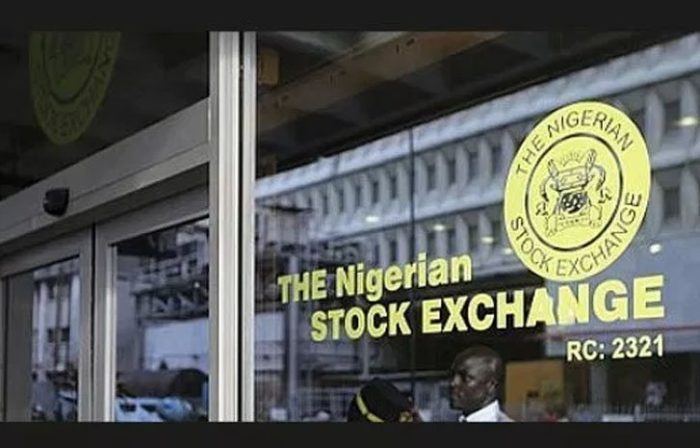Eighty-seven, out of the 170 quoted companies on the Nigerian Stock Exchange failed to pay dividends to their shareholders in 2019, investigations have revealed.
According to data obtained from the Exchange, more than half of these firms, across different sectors of the economy, last paid dividends five or more years ago.
Further analysis shows that majority of the firms, identified as the worst hit are moribund and likely to be delisted from the emerging bourse anytime soon. Companies in this category owe between five or more years dividend.
Data from the NSE showed that a total of 45 companies were delisted from 2013 to 2019. A review of the list showed that 27 were delisted on regulatory instruction over non-performance, 13 of the companies chose to delist voluntarily, four companies delisted on merger, while one company was delisted on acquisition.
Under a voluntary delisting window, a quoted company can decide to delist from the Exchange due to reasons such as merger or acquisition. On the other hand, the NSE can compulsorily delist a firm when it fails to meet up with post-quotation standards.
Despite the fact that South South-based Champion Breweries increased its profit before tax from N210.1 million in 2015, N63 7.3 million in 2016, and N517.56 million before it posted a loss of N263.80 million loss in 2018, it has not paid dividends to shareholders for over 10 years.
While Premier Breweries Plc and Studio Press last paid dividend in 1995, others like Livestock Feeds Plc, Costain West Africa Plc, John Holt Plc, Diamond Bank Plc (before it was delisted after the merger with Access Bank plc), Oando Plc, Skye Bank Plc, Neimeth Pharmaceuticals Plc, Fortis Microfinance Bank, Academy Press, LASACO Insurance Plc and Nigerian Enamelware Plc, have not rewarded their investors on the average of four years.
Shares of the quoted companies have also witnessed a sharp decline for several years on the floor of the Nigerian Stock Exchange.
For instance, the share value of Livestock Feeds fell from N1.79 on January 5, 2016, to N0.50 by the end of trading of September 19, 2019.
Also, the share value of Neimeth, Champion Plc, LASACO Plc and African Alliance Insurance among others, have decreased from N2.27 to N0.40; N2.00 to N1.00; N1.00 to N0.30; N1.50 to N0.20 respectively within the same period.
However, financial analysts have warned investors that the companies may not be out of the woods anytime soon.
Managing Partner, Profit Plus Investment, Dr. Peter Olawunmi, explained that the rising interest rate and the depreciation of the naira had affected the performances of the companies in the last few years and might persist, except there were intervention measures.
“In an environment whereby you have rising interest rates, banks and firms (mentioned above) are net borrowers from the market and they have substantially high-interest expenses that alone can shrink profits.
“If you were doing business last year, the cost of running businesses between December 2016 and December 2019 had gone up by more than 45%. Therefore, if a company borrowed money to fund its transaction from a bank, it meant that it would need additional funds of over 45% to enable it to maintain the same level of production.”
Head, Research, FSDH Bank, Dr. Ayo Adewunmi, said, “The growth in the loans can be attributed to the effect of the devaluation of the naira. This is because if a company has a dollar-denominated loan that was converted to naira in the year 2015 at about N198 per dollar, now the same loan will be converted to naira at over N360.
“Therefore, a firm with a loan of $1 billion in 2015 would carry about N198 billion in its naira balance sheet as the value of the loan. But the same loan will now be worth over N360 billion in its balance sheet without any actual increase in loan.”

 Entertainment6 days ago
Entertainment6 days ago
 Health1 week ago
Health1 week ago
 Health4 days ago
Health4 days ago
 Football1 week ago
Football1 week ago
 Football1 week ago
Football1 week ago
 Crime5 days ago
Crime5 days ago
 Education6 days ago
Education6 days ago
 Crime1 week ago
Crime1 week ago

